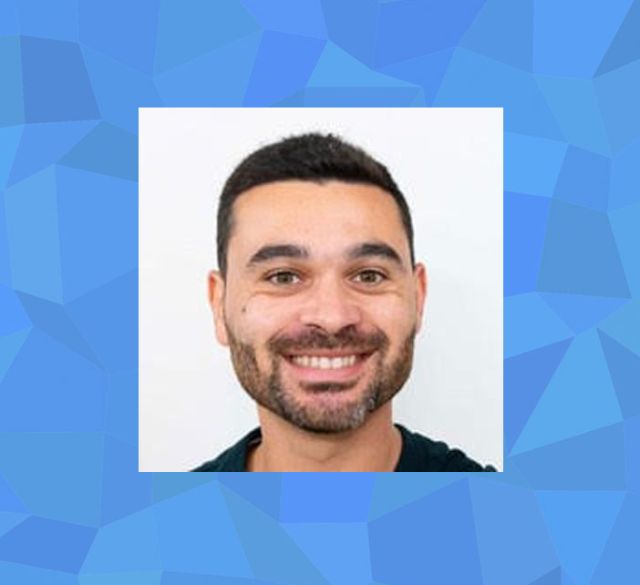Feb 7 (Fri) @ 10:00am: "Lighting Up The Frontiers of Computing," Bassem Tossoun, Sr. Research Scientist, Hewlett Packard Enterprise

Location: Engineering Science Building (ESB), Room 2001
Abstract
The rapidly increasing demand on computing power made by deep learning models in hyperscale data centers and supercomputers has spurred significant interest in developing novel hardware that can run large-scale artificial intelligence (AI) workloads more efficiently. Over the last several years, silicon photonics has emerged as a disruptive technology for next-generation accelerators designed for AI and machine learning (ML). Furthermore, the heterogeneous integration of III-V compound semiconductors has opened the door to integrating lasers and semiconductor optical amplifiers at wafer-scale, enabling the scaling of the size, density, and complexity of silicon photonic integrated circuits (PICs). By using this technology, all of the individual components required to execute the operations within an optical neural network can be integrated on the same PIC. In this seminar, I will highlight key innovations and share future outlooks of my research on energy-efficient and scalable integrated photonics as the underlying foundation for next-generation AI accelerator hardware and quantum information processors.
Bio
Bassem Tossoun is a Principal Research Scientist in the Large Scale Integrated Photonics (LSIP) Lab at Hewlett Packard Labs. He graduated with a Ph.D. degree from the University of Virginia in 2019, advised by Professors Andreas Beling and Joe Campbell. Prior to joining the University of Virginia, he graduated from California Polytechnic State University San Luis Obispo in 2014 with a Master's Degree in Electrical Engineering and a Bachelor's Degree in Computer Engineering. His research interests include the exploration of integrated photonics for novel, next-generation accelerators in high-performance computing systems. He has published papers at several journal and conference venues, including Nature Communications, IEEE, SPIE, and Optica Publishing Group. Towards a broader community, he has given seven invited talks at major international conferences, serves as Lead Associate Editor at Optica/IEEE Journal of Lightwave Technology, and currently holds eight U.S. patents. He is a recipient of the McVey Fellowship (2018) and a best intern project award at Hewlett Packard Labs (2018). He serves as principal investigator at Hewlett Packard Labs on multiple projects funded by the DOD, DARPA, and NRO to develop scalable and energy-efficient neuromorphic computing accelerators on a heterogeneous III-V on silicon photonic platform for artificial intelligence (AI) applications.
Hosted by: ECE Department